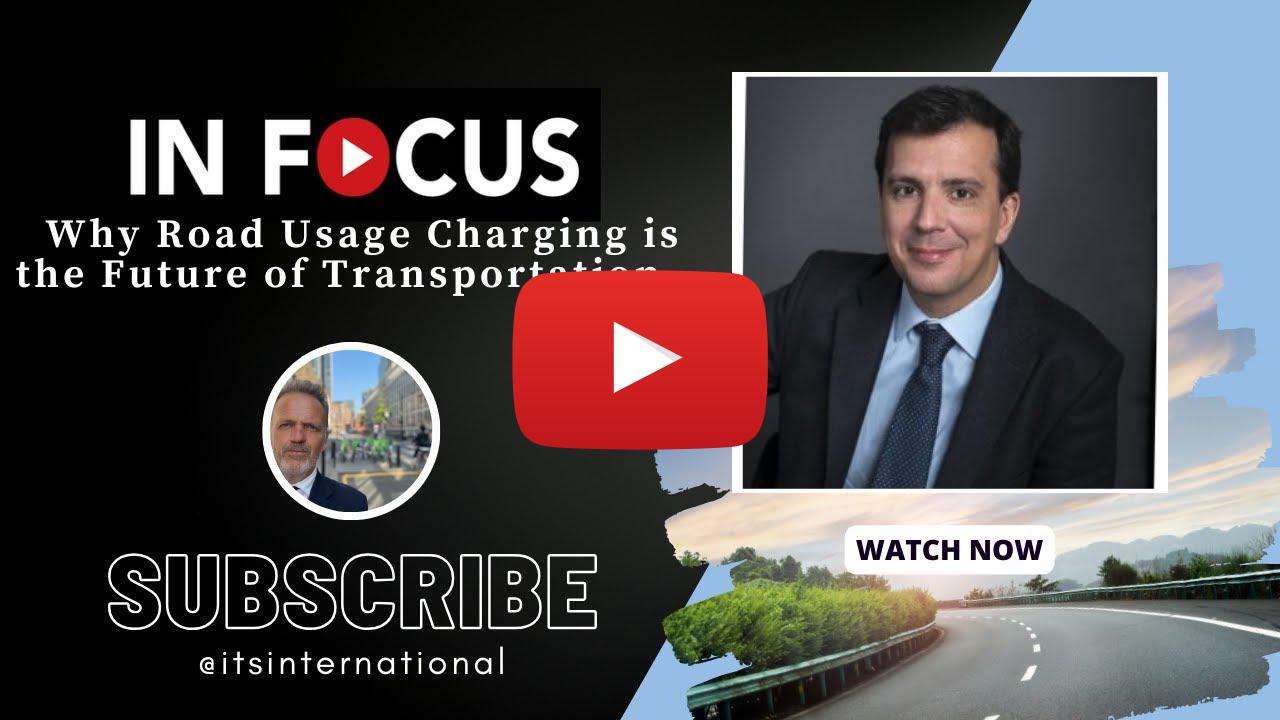Sanef ITS and connected car company Intelligent Mechatronic Systems (IMS) have been awarded a road usage charge contract by the Oregon Department of Transportation (ODOT). Debuting on Oregon's roadways in July 2015, this voluntary distance-based road usage charging program is said to be North America's first implementation of a mileage-based charging solution. Diminishing fuel tax returns led Oregon decision-makers to look for a fair, reliable source of revenue to fund transportation projects for the state.
March 5, 2015
Read time: 2 mins
RSS480 Sanef ITS and connected car company 6954 Intelligent Mechatronic Systems (IMS) have been awarded a road usage charge contract by the 5837 Oregon Department of Transportation (ODOT).
Debuting on Oregon's roadways in July 2015, this voluntary distance-based road usage charging program is said to be North America's first implementation of a mileage-based charging solution.
Diminishing fuel tax returns led Oregon decision-makers to look for a fair, reliable source of revenue to fund transportation projects for the state. The result is the OReGO road usage charging program. While OreGO is open to all cars and light-duty trucks in Oregon, ODOT can only enrol 5,000 vehicles initially and will evaluate vehicles for participation based their miles per gallon rating.
OReGO volunteers will pay a road usage charge of 1.5 cents per mile for the amount of miles they drive, instead of the fuel tax. They will also get a credit on their bill to offset the fuel tax they pay.
The IMS DriveSync telematics platform will be used in connection with Sanef ITS’ road charging infrastructure to track driver mileage. The platform has been used in connected car services such as usage-based insurance and young driver coaching according to IMS.
"We are seeing a growing trend in the number of electric and hybrid vehicles on our roads, which has led to a significant fall in critical gas tax revenues being collected for road maintenance," said François Gauthey, president of Sanef ITS. "To improve and maintain America's roadway infrastructure, the transition from a gas tax to a distance-based road usage charge solution is a critical evolution. Moving forward, creating a sustainable but fair system for collecting revenues is essential for future sustainability of critical transportation networks."
Debuting on Oregon's roadways in July 2015, this voluntary distance-based road usage charging program is said to be North America's first implementation of a mileage-based charging solution.
Diminishing fuel tax returns led Oregon decision-makers to look for a fair, reliable source of revenue to fund transportation projects for the state. The result is the OReGO road usage charging program. While OreGO is open to all cars and light-duty trucks in Oregon, ODOT can only enrol 5,000 vehicles initially and will evaluate vehicles for participation based their miles per gallon rating.
OReGO volunteers will pay a road usage charge of 1.5 cents per mile for the amount of miles they drive, instead of the fuel tax. They will also get a credit on their bill to offset the fuel tax they pay.
The IMS DriveSync telematics platform will be used in connection with Sanef ITS’ road charging infrastructure to track driver mileage. The platform has been used in connected car services such as usage-based insurance and young driver coaching according to IMS.
"We are seeing a growing trend in the number of electric and hybrid vehicles on our roads, which has led to a significant fall in critical gas tax revenues being collected for road maintenance," said François Gauthey, president of Sanef ITS. "To improve and maintain America's roadway infrastructure, the transition from a gas tax to a distance-based road usage charge solution is a critical evolution. Moving forward, creating a sustainable but fair system for collecting revenues is essential for future sustainability of critical transportation networks."









